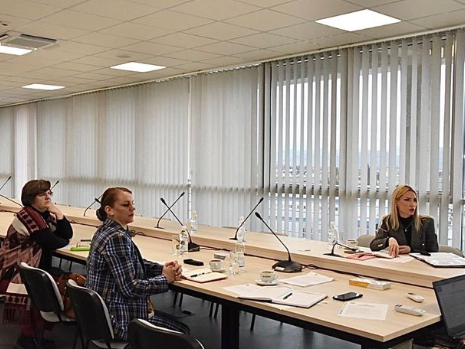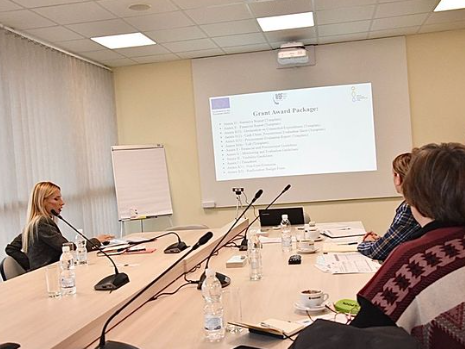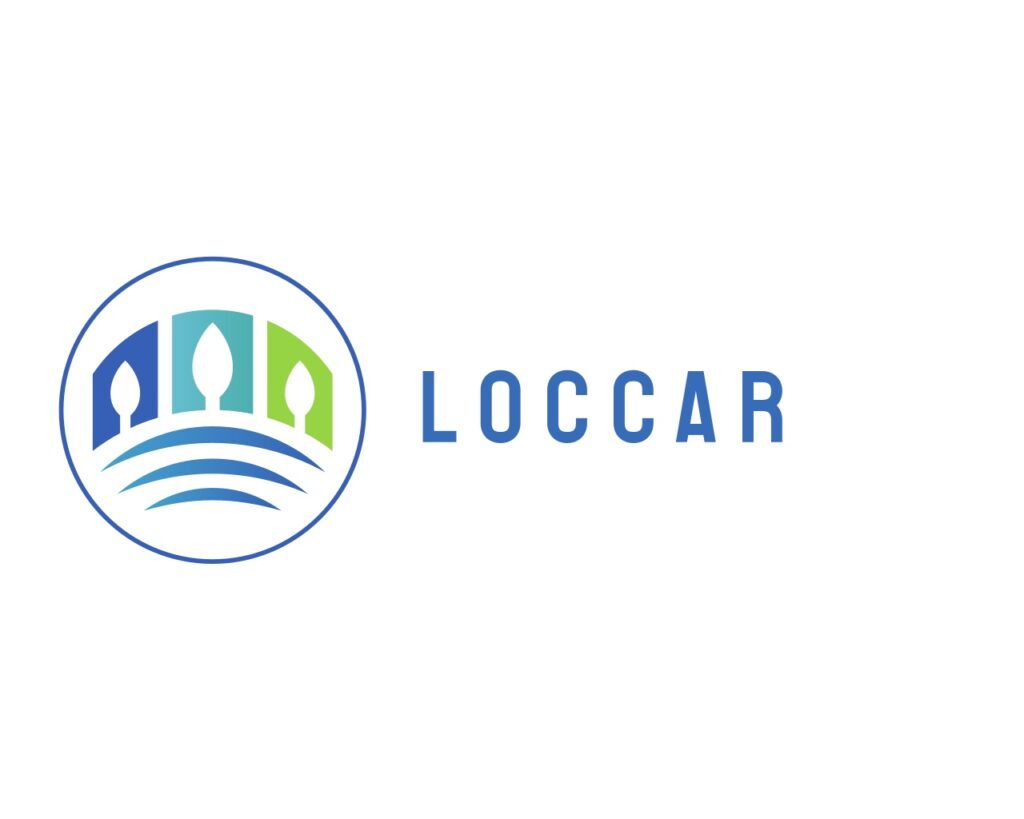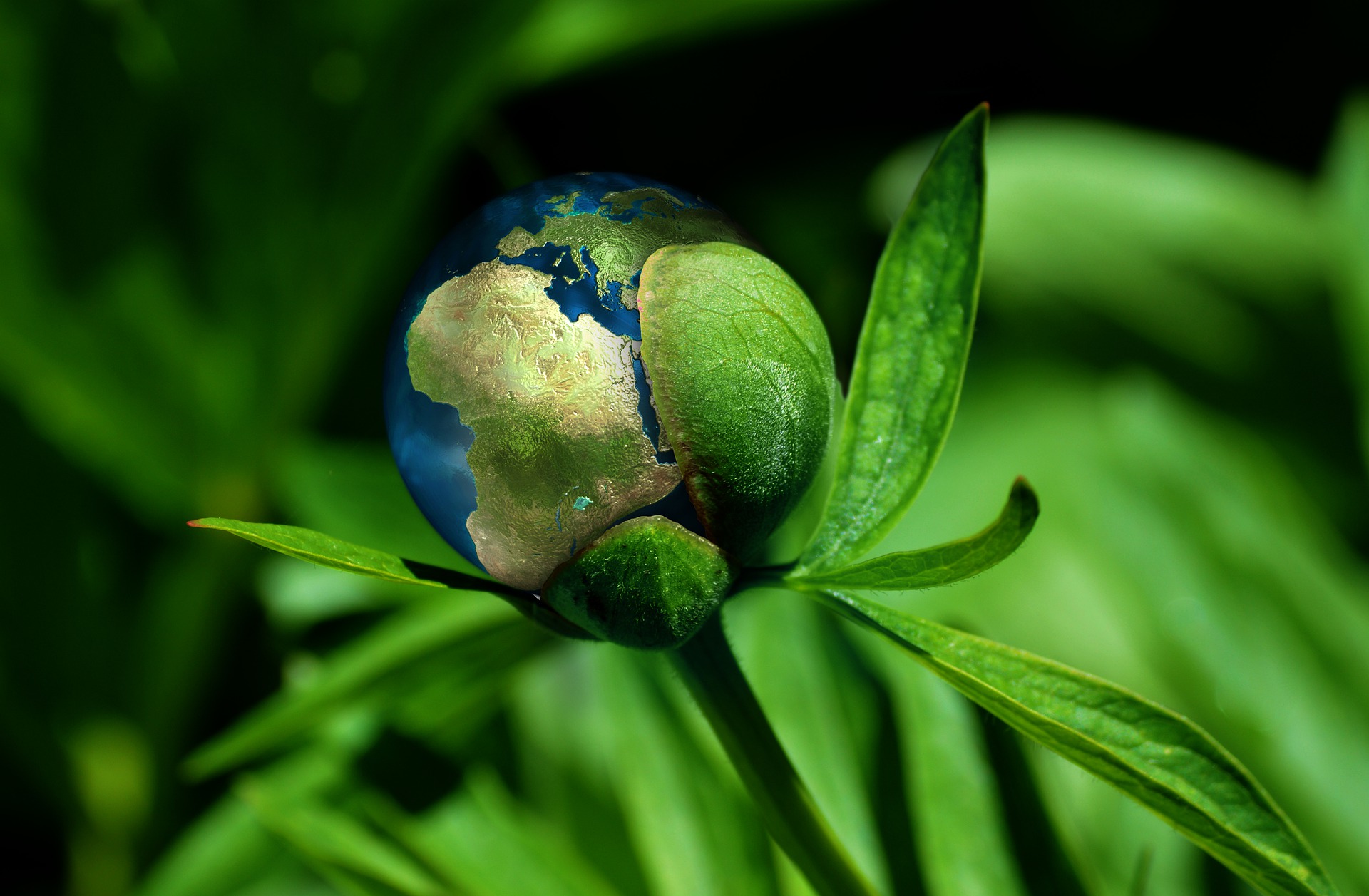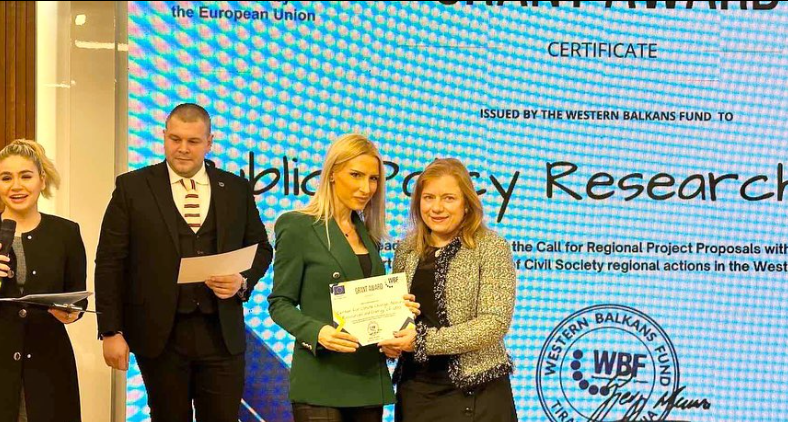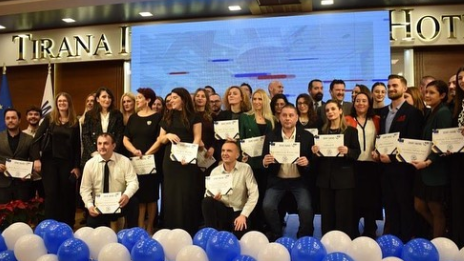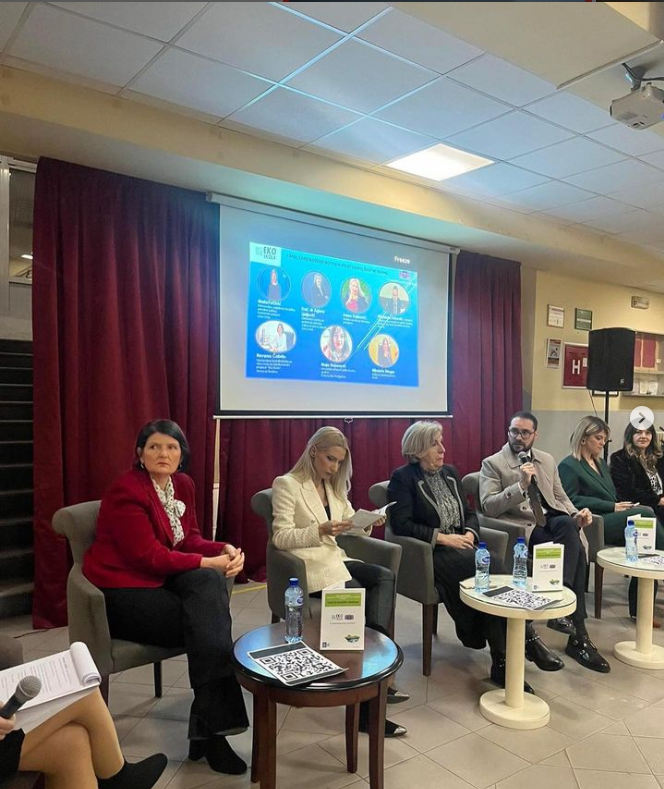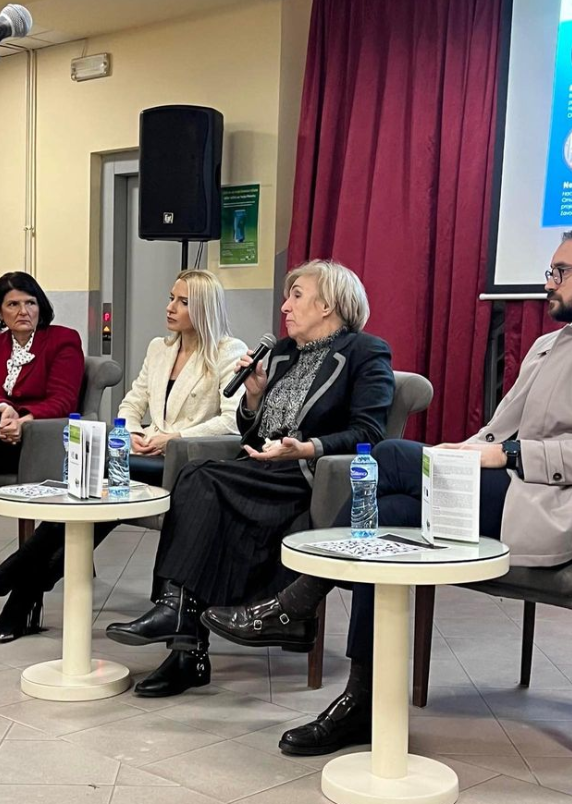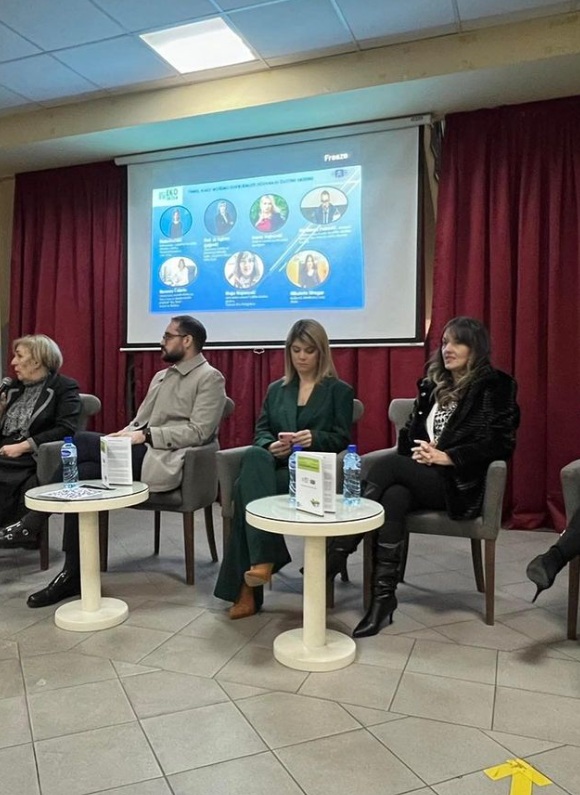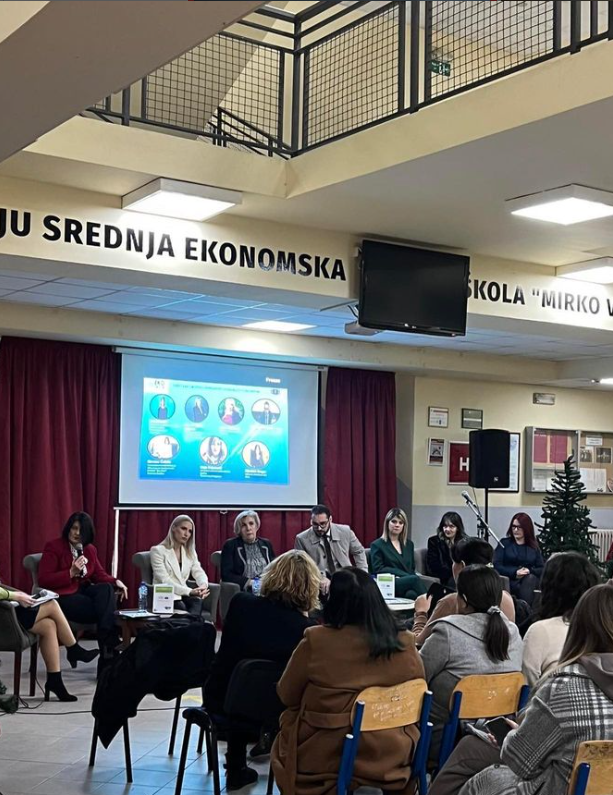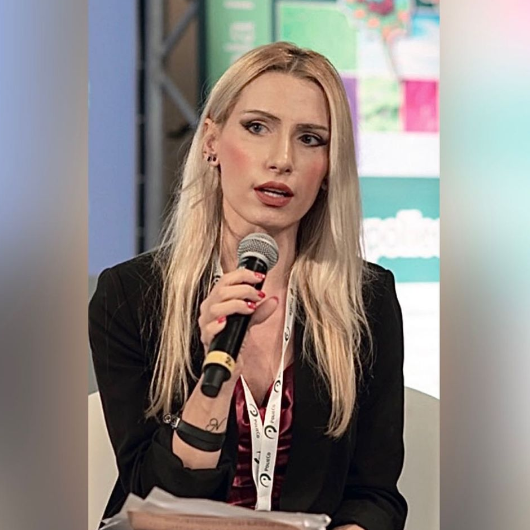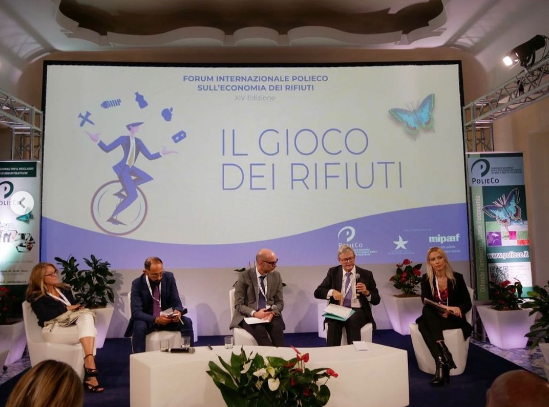The Kick-off meeting of the LOCCAR (Local Communities’ Climate Adaptation and Resilience) project was held, which the Center for Climate Change, Natural Resources and Energy of the University of Donja Gorica is implementing with partners from BiH (Environmental Resource Center REC BIH) and of Serbia (Ambassadors of Sustainable Development).
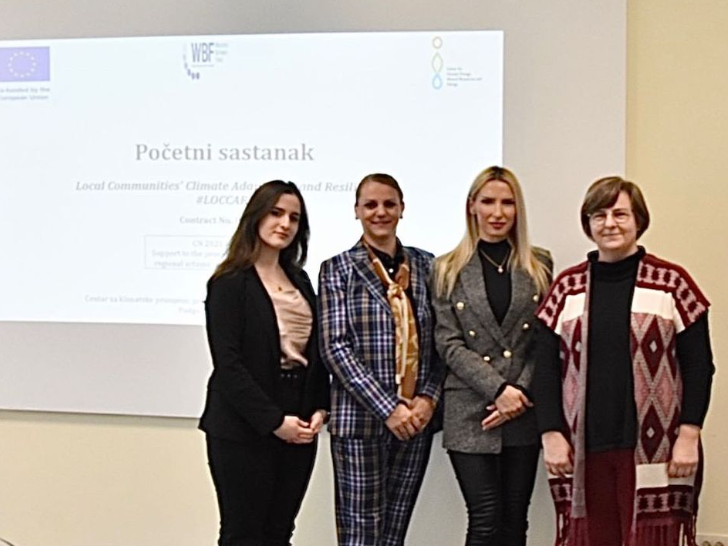
LOCCAR is financed by the Western Balkans Fund (WBF) and co-financed by the EU under the IPA. The basic idea of LOCCAR is to accelerate adaptation to climate change in the Western Balkans by strengthening the role of civil society organizations (CSOs).
Among other things, LOCCAR aims to establish regional cooperation in building climate resilience in the Western Balkans by raising the awareness of local decision makers about the impacts of climate change on local communities. The implementation of the project is based on the coordinated integration of climate change adaptation measures in the most vulnerable economic sectors in all three countries. With its results, LOCCAR will offer local decision makers sustainable solutions in the field of sustainable development.
